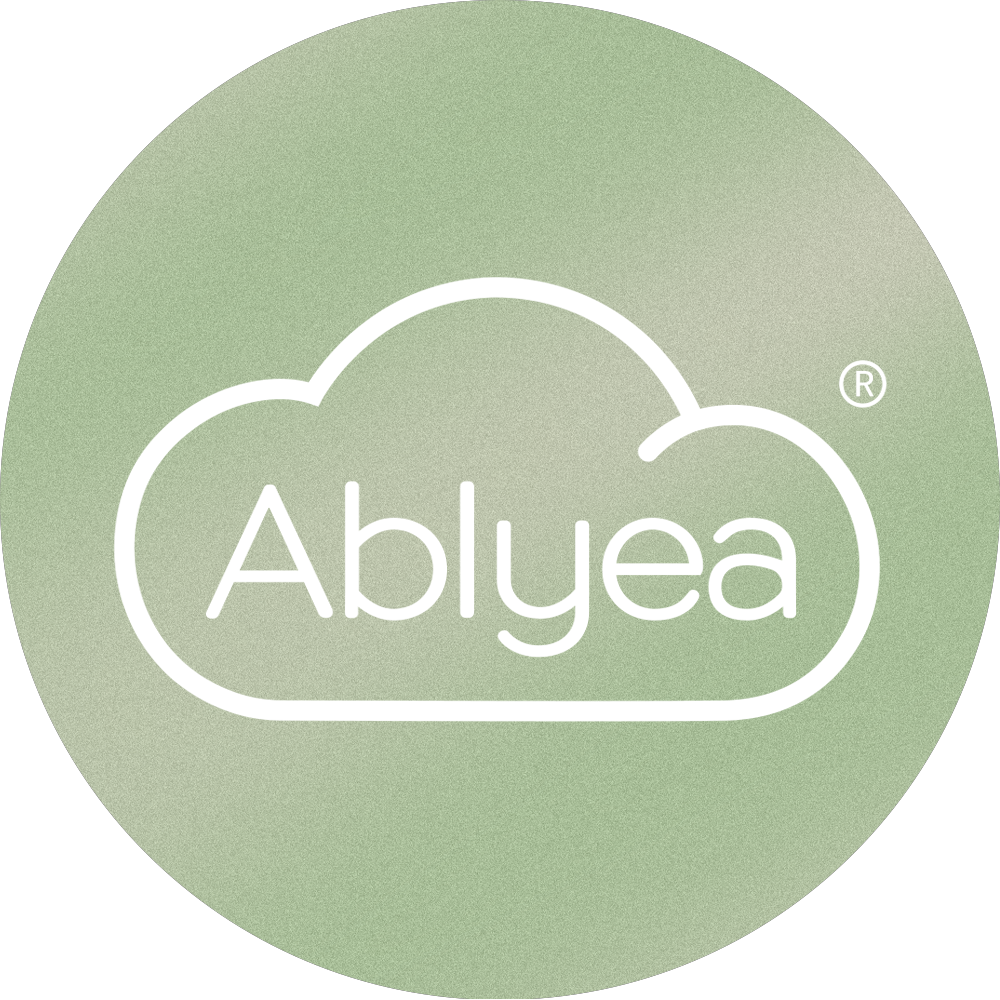
What is the disadvantage of a gel memory foam mattress?
Gel memory foam mattresses have gained popularity for their ability to provide pressure relief and a cooler sleep experience compared to traditional memory foam. However, they come with certain disadvantages that potential buyers should consider.
1. Heat Retention
While gel-infused memory foam is designed to dissipate heat more effectively than traditional memory foam, it doesn't always succeed in keeping sleepers cool throughout the night. Some users report that gel memory foam still retains heat, leading to discomfort, especially in warmer climates or for those who naturally sleep hot.
2. Off-Gassing
A common issue with gel memory foam mattresses is off-gassing, which refers to the emission of volatile organic compounds (VOCs) that produce a distinct chemical odor when the mattress is new. This smell can be unpleasant and may take several days to dissipate. Individuals sensitive to odors or chemicals should be aware of this potential drawback.
3. Weight
Gel memory foam mattresses are often heavier than their traditional counterparts due to the added gel infusion. This increased weight can make moving or adjusting the mattress more challenging, particularly for individuals who may need to do so frequently.
4. Cost
Incorporating gel into memory foam typically increases the production cost, which is passed on to consumers. As a result, gel memory foam mattresses are generally more expensive than standard memory foam options. Budget-conscious shoppers might find this to be a significant disadvantage.
5. Durability Concerns
Some users have reported that gel memory foam mattresses may not maintain their supportive qualities over time. The gel particles can break down, potentially leading to a decrease in the mattress's ability to provide consistent support and comfort. This degradation can result in the need for a replacement sooner than anticipated.
6. Limited Availability of Firmness Options
Gel memory foam mattresses often cater to those seeking a medium to medium-soft feel, which may not be suitable for individuals who prefer a firmer sleeping surface. The limited range of firmness options can be a drawback for those with specific support needs or personal preferences.
7. Potential Allergic Reactions
Although relatively rare, some individuals may experience allergic reactions to the materials used in gel memory foam mattresses. It's essential for consumers with known sensitivities to review the mattress components carefully and consider hypoallergenic alternatives if necessary.
Conclusion
While gel memory foam mattresses offer notable benefits, including enhanced pressure relief and improved cooling compared to traditional memory foam, they are not without disadvantages. Potential issues such as heat retention, off-gassing, weight, higher cost, durability concerns, limited firmness options, and potential allergic reactions should be carefully considered when deciding if a gel memory foam mattress is the right choice for your sleep needs.

